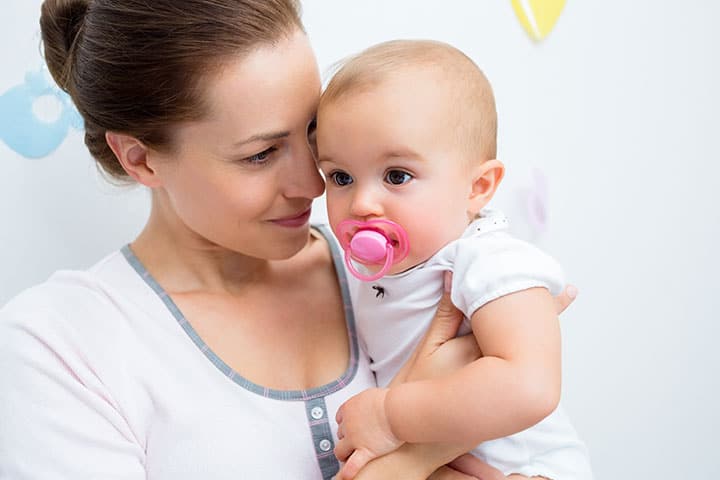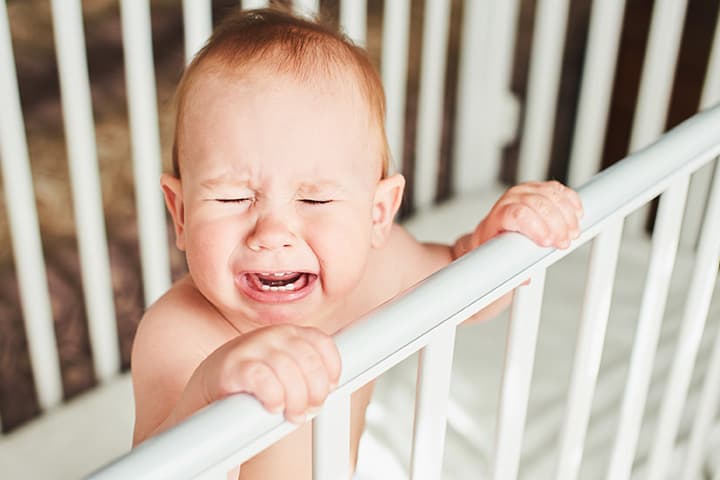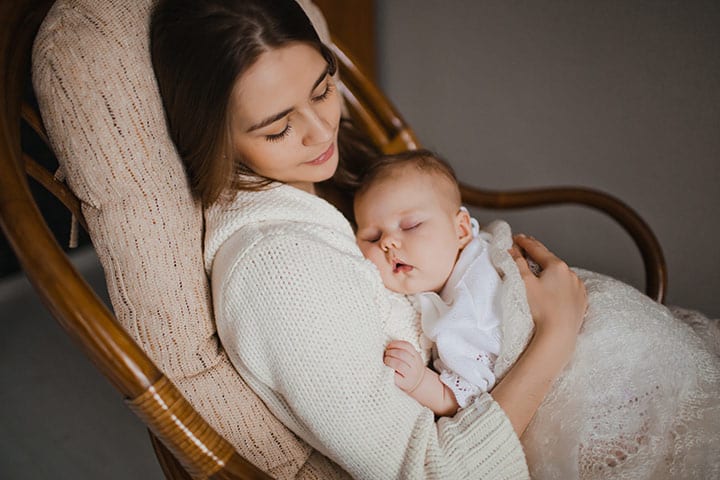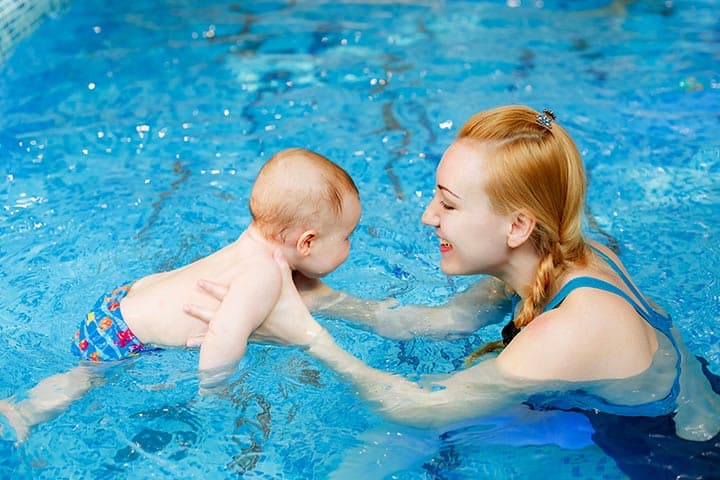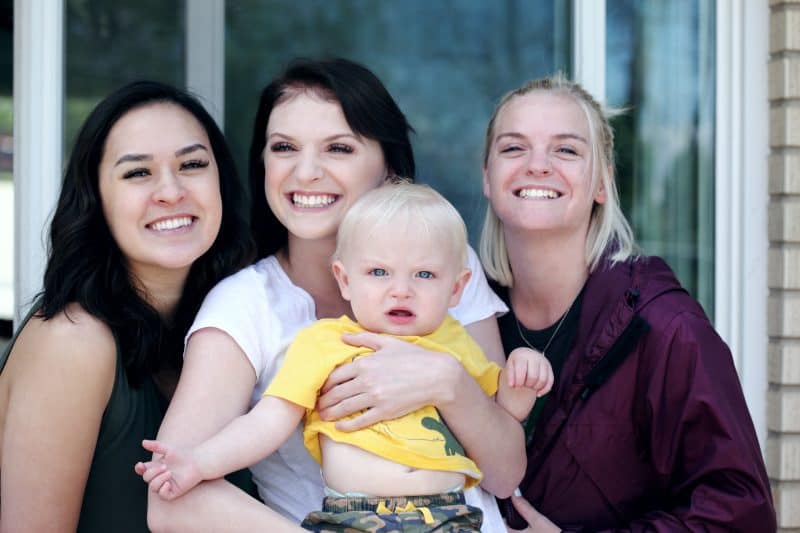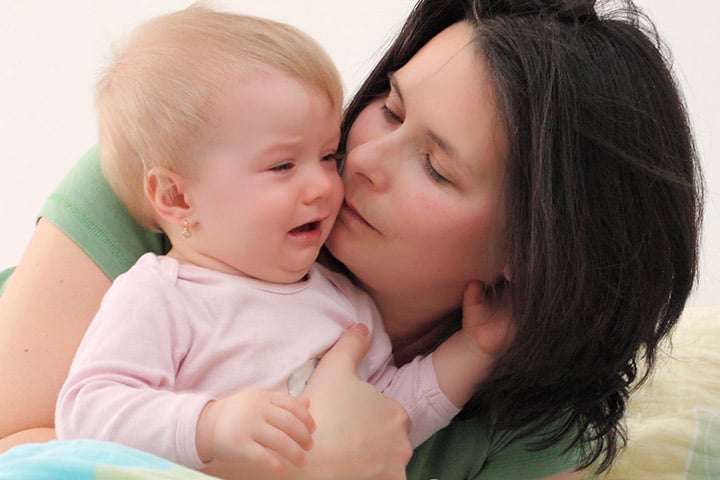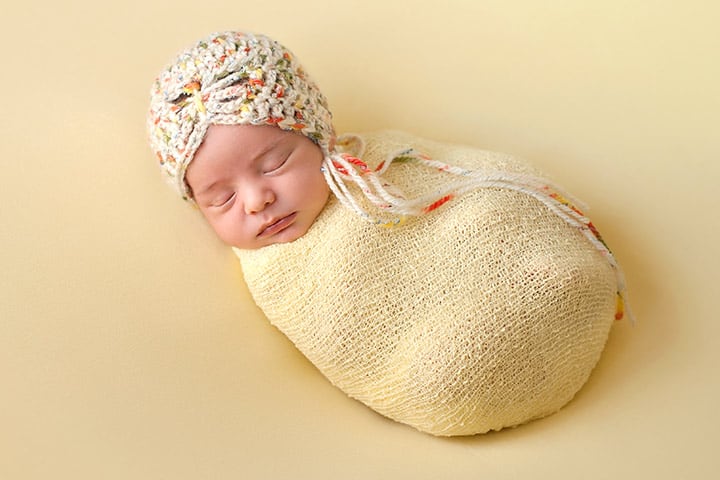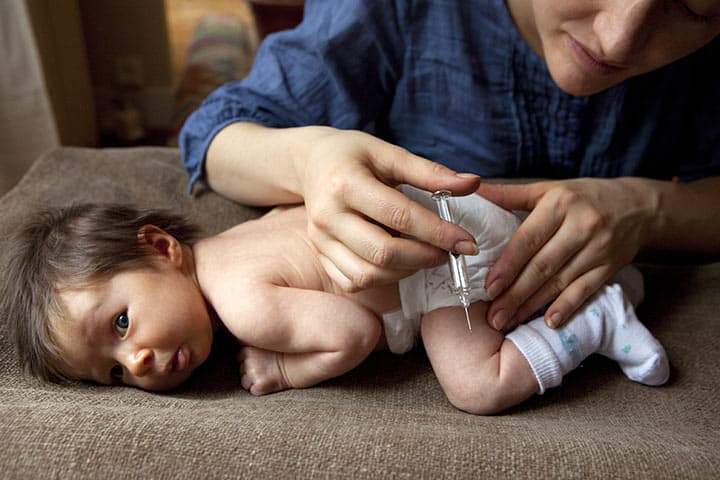Necrotizing enterocolitis (NEC) is a medical condition that is typically seen in premature infants. It occurs during the second and third week of development; what typically happens is the lining of the intestinal wall dies and falls off.
Why Is NEC Dangerous?
When the intestines are damaged, it may lead to the intestines to become swollen or even some severe cases develop a hole or a perforation.
- This situation results in it incapacity to hold waste; thus all bacteria and the waste move through the intestine and into the blood or even into abdominal cavit.
- This in turn can make the baby severely sick and at times the infection can be fatal.
Susceptible Age Groups:
Necrotizing enterocolitis affects infants who weigh less than 1500g, with a mortality rate of 50% or depending on the severity of the condition. Babies that are at a higher risk to develop NEC include:
- Babies who are preemies.
- Premature babies who are fed concentrated formulas.
- Babies can get it if they are exposed to an environment where an outbreak as happened.
- Babies who may have had blood transfusion.
What Causes Necrotizing Enterocolitis In Infants:
The main cause is unclear but some experts feel there are few factors that may play a part in it, they are:
- Less oxygen or reduced blood flow to the intestine makes it difficult to create a mucous lining needed for digestion.
- Underdeveloped intestines or a wound to the lining of the intestine.
- Large growth of bacteria in the intestines.
- Exclusively Formula fed babies.
NEC can also spread like an ‘epidemic’ affecting in babies in the same hospital wing or crèche. But it could also purely coincidental. And many hospitals take the utmost care to maintain such areas infection free.
Necrotizing Enterocolitis Symptoms:
Signs of NEC may look like those of other stomach illnesses and the severity varies from one baby to another baby. Initially symptoms can be very subtle and they can include one or more of the following:
- Abdominal tenderness or distention or both vomiting diarrhea and/or bloody, dark stools.
- Not feeding well.
- Food staying for longer periods in the stomach than usual less active.
- Apnea (interval stops in breathing).
- Bradycardia.
- Hypotension.
Diagnosing Necrotizing Enterocolitis:
In more severe cases liquid or fluid in the abdominal cavity can show up on X-ray. Also a condition called peritonitis which is the infection of the membrane lining the abdomen can be seen. Some of the Initial tests conducted are:
- An X-ray is done to confirm the presence of any abnormal gas present in the intestines. It would look like a striped appearance of gas or a bubbly gas formation.
- A occult blood test or stool test.
- Presence of elevated white blood cell count in a CBC Thrombocytopenia (low platelet count) Lactic acidosis.
- In few rare and severe cases the escaped gases can be seen in the veins of liver or abdominal cavity. A needle maybe inserted by the doctor into the abdominal cavity to withdraw the fluid and determine whether there is a perforation.
Necrotizing Enterocolitis Treatment:
All babies with this condition need to be given treatment with a combination of therapy and medication. Some of them may require surgery to repair the intestine.
After diagnosis, the treatment begins this include:
- All feelings will be stop temporarily.
- Process of nasogastric drainage is done.
- IV fluids for replacing lost fluid are given.
- The infection is treated by administering antibiotics.
- X-rays and frequents examinations of the stomach are conducted.
- Blood samples and stool samples are also taken to look for bacteria and to make sure baby hasn’t developed anemia.
- Baby’s belly will also be checked periodically to rule out swelling.
- If it is swollen that will interfere with breathing, hence a ventilator maybe used in such cases.
- Once the baby’s body responses to the treatment, the following steps are taken:
- Baby’s regular feedings may be back after a week. At times it may be suppressed a bit longer and antibiotics will be given for another week or two weeks.
- When feeding starts, breast feeding is recommended.
- Breast milk is favorable for a baby with NEC because this is easily absorbed by the intestines also boosts baby’s immunity which is especially important for a premature baby with an immature immune system.
- For those mothers who can’t breast feed or have less production of breast milk, doctors recommend them to giving pasteurized human breast milk from a milk bank, which can be considered a safe remedy.
Surgical Option For NEC Babies:
In rare cases, exploratory surgery is the only option for babies with an intestinal perforation. The procedure includes the following:
- The doctors examine the stomach cavity to look for the hole in the intestine or to remove any dead or dying tissue.
- Sometimes doctors may even conduct a second surgery to check and remove any diseased part of the intestine.
- Once this is completed healthy intestine can be sewn back together.
- In cases where the baby is very ill or large section of the intestine is removed, an osteomyelitis is done; in which surgeons bring an area of the intestine to an opening on the stoma so that the stool can safely exit the body.
Do Babies With NEC Fully Recover?
Most babies suffering from NEC do fully recover and do not face future feeding problems. If in cases where the bowel is bruised or narrowed or intestinal blockage happens, then more surgery is required.
- Malabsorption can be a persistent problem, especially for babies whose part of the intestine is removed. For such infants, nutrients are given intravenous till the intestine heals enough to tolerate normal feedings.
- You may be very worried when you may not be allowed to feed your baby. But this is the best for your baby and with the right treatment she will be back to regular feedings.
Best way to handle this issue is to be strong, believe in your doctor and find new ways to be close with your baby. People are always ready to support and help the parents of premature babies, as well as the babies themselves towards a steady path of recovery.




